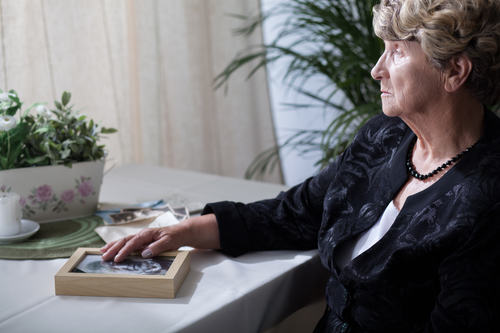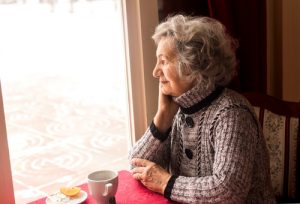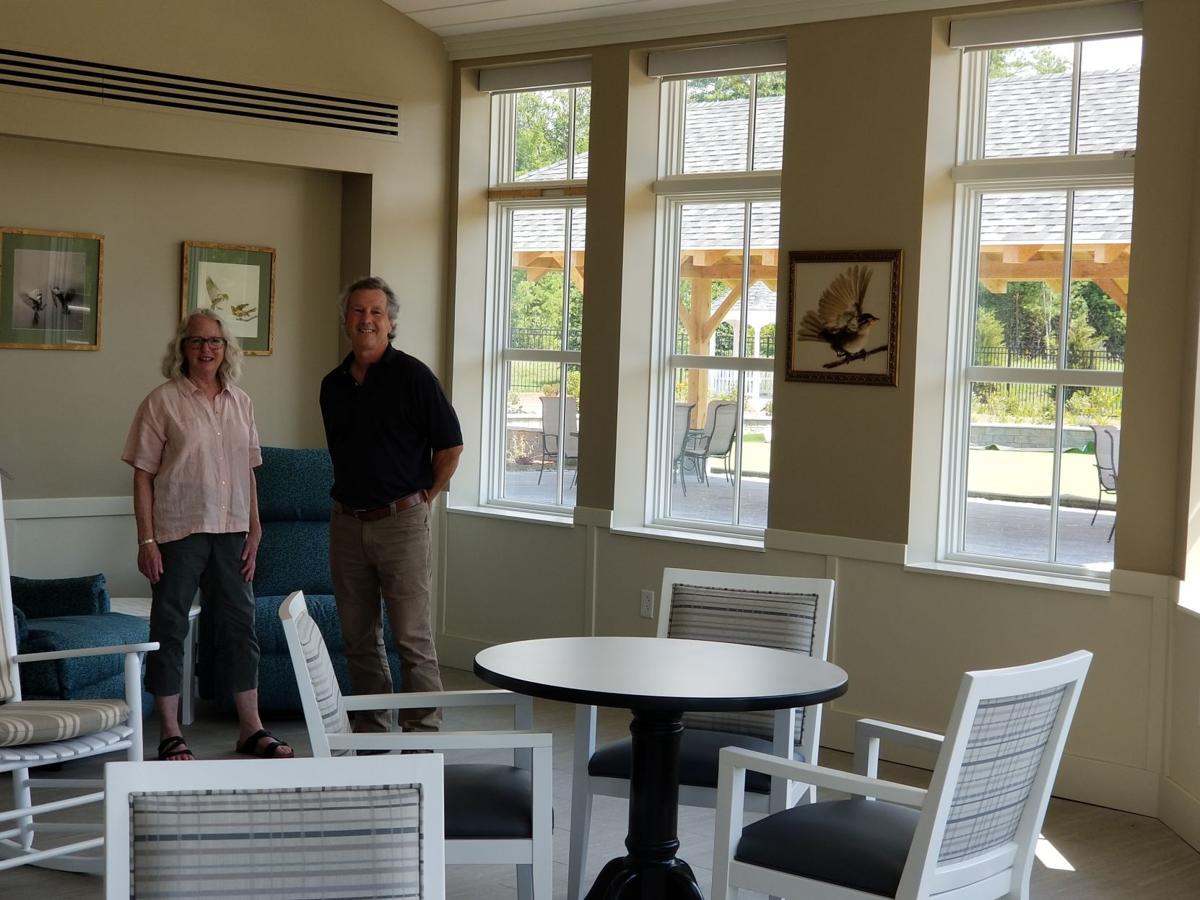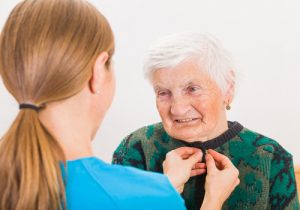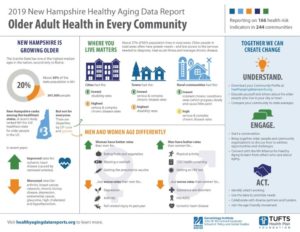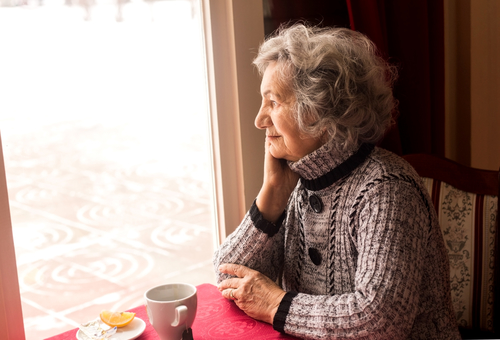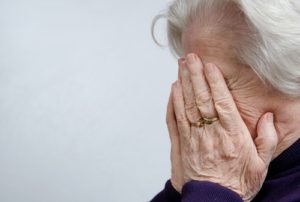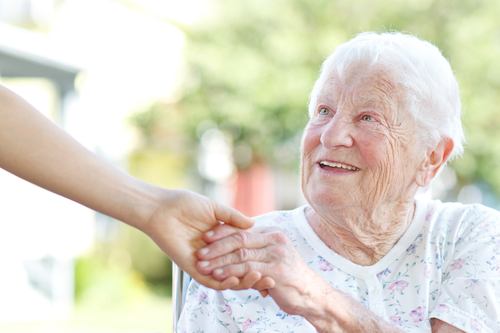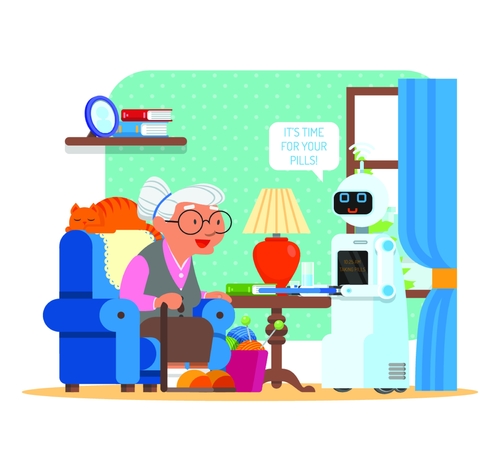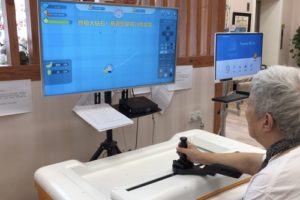
Sometimes it can be hard to tell whether a senior’s forgetfulness is something to worry about or not. You don’t want to make any assumptions, especially if you aren’t a doctor. You will want to get a second opinion, but it can be hard to get a senior to a doctor. There are some ways that non-physician care providers can help seniors with their cognitive functions.

7 Ways for Non-physician Caregivers to Help Seniors With Their Cognitive Functions
These are seven ways you can talk about a senior’s cognitive function and possible decline, notice any deterioration, and support the senior in your life.
1. Have All the Info Needed
Everyone needs to have all the necessary information. A caregiver should give information about the brain and cognitive decline to you and your senior. They will even refer you to a doctor if it’s needed.
2. Know the Signs and Symptoms
Everyone must know the signs and symptoms of cognitive impairment. Especially the people in charge of the senior. They should be trained to know that these signs may not be enough for a diagnosis, and a doctor needs to do an official evaluation.
3. Be Aware
It never hurts to be aware. Listen for concerns about cognition; look for any signs or any changes that happen slowly over time. This is something that both professional and family members can do.
It’s good for both the family and the professionals to talk to each other as well. Together you will be able to create the whole picture.
4. Create a List of Procedures and Referrals
It’s good for professional non-physician caregivers to develop a system to detect any changes in cognitive functions. It’s also good to have a list of doctors that can evaluate the brain if and when it’s needed.
5. Mental Status Test
Non-physician caregivers should use a test to detect cognitive impairment only if
- this type of testing is within the scope of practice of the non-physician care provider
- The non-physician care provider has been trained to use the test
- Everyone consents to the test
- There is a procedure for offering a referral for people who score poorly on the test to a doctor for an evaluation
6. Encourage Seniors to Listen to Their Doctor
If a doctor comes up with a game plan for a senior, it’s up to the non-physician care providers to work with the senior and their family to follow it. You can also encourage the family to get additional info from the doctor if it’s needed.
7. Be Supportive
Getting a dementia diagnosis can really shuffle up a person’s life. The senior and their family will be looking for support. Talk to them if they don’t understand the diagnosis and encourage them to talk to the doctor that gave the diagnosis.
Read more here.


